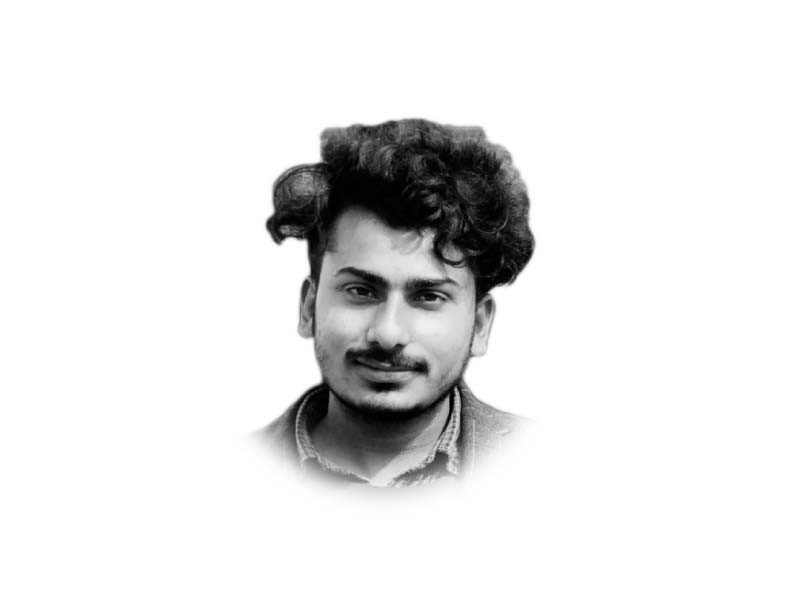
In human civilisation, prosperity and progress come when human beings start to organise themselves into institutional setup. The progress of any nation depends on how the institutions are arranged in this society to create opportunities and incentives for people to grow or to block the opportunities and incentives for the growth of a larger society. In his book Guns, Steel and Germs, Jared Diamond argues that the major reason behind the growth of the Global North was the early development of centralised governmental institutions while Global South has a lagging margin of more than 4,000 years over Europe to develop institutions. The nature of institutions in any setup decides the fortune of the nation. Inclusive state institutions protect private property, ensure rule of law, diffuse central power and enforce state writ. On the other hand, extractive institutions block incentives for the growth of individuals in a state because here only a small minority gets the opportunities and incentives to grow.
Extractive Institutions were developed by the Colonial Powers in Asia and Africa which becomes more exploitative after the decolonisation in mid of 20th century. Extractive Institutions stop the political growth of any country by promoting the Clientelism philosophy of political electorate. For example countries like Pakistan where a Patronage culture of political electorate is developed, few people grow politically and have privileges and incentives in the political setup. Extractive institutions are developed to enrich and grow the numerical minority of society. The political institutions in extractive states are oligarchic where few people rules at their whims. In the 18th century US, the political powers were not concentrated in the hands of Thomas Jefferson or any leader but expanded and broadly disturbed where the individuals have right. So in extractive institutions, the incentives to divide and diffuse central powers remain at odds and the people never get political rights and spaces to grow and innovate.
If political powers are divided, it creates the incentives for all to grow while extractive institutions in any state strictly hold the political power in a few hands, and these few people create such policies and economic institutions that only benefit them rather than the society at large.
Zimbabwe is a classic example in this regard. By 2008 Zimbabwe’s per capita income was half of what it was at the time of its independence. The unemployment ratio was 94%. President Mugabe developed extractive institutions only helping himself to enhance his wealth. In 2000 he started to print his own money which caused hyperinflation. Daron Acemoglu and James A Robinson, in their book Why Nations Fail, argue that Mugabe killed the incentives of the common people to develop and innovate which ultimately turned Zimbabwe into a bankrupt state. The creation of extractive institutions which only benefit the President failed the state to grow in a linear direction.
Politicians in such states stifle economic activities because the development of inclusive state institutions threatens their power base with the emergence of a vibrant middle class which demands political rights and shares in the power mechanisms. Extractive institutions create a sense of extraction for personal benefits; and in this conflict, all the monopolies and groups fight for the natural resources where state writ is weak and individuals in their capacities are strong. The fight over natural resources persuades the groups into conflict and chaos. Congo and Nigeria are rich in oil and minerals respectively, but both are categorised as Africa’s poorest states. This is because extractive institutions in such states give incentives for the despotic rulers to extract natural resources for their benefit. Extractive institutions stagnate the growth of economies and political efficiency in the state.
Published in The Express Tribune, November 9th, 2022.
Like Opinion & Editorial on Facebook, follow @ETOpEd on Twitter to receive all updates on all our daily pieces.













COMMENTS
Comments are moderated and generally will be posted if they are on-topic and not abusive.
For more information, please see our Comments FAQ